AAA and BSU host seminar discussing racial identity and activism after Atlanta mass shooting
Tina Li led an open discussion about racial identity and activism with CVHS clubs AAA and BSU on April 1st.
On April 1, CVHS junior Tina Li organized and led a joint seminar for an open discussion with CVHS clubs Asian American Association (AAA) and Black Student Union (BSU) to discuss racial identity, social movements, and activism in response to the rise of Asian hate crimes.
Since the pandemic started early last year, there has been a surge in Asian American hate crimes. These crimes range from physical assault, verbal harassment, to workplace discrimination and being spat on. According to Stop AAPI Hate, a center that responds to Asian hate crimes, about 3,795 incidents were reported.
Li is a part of activist councils at Asia Society, and at her first meeting two meetings, the council discussed identity and race. She wanted to bring that discussion to CVHS to see what can be done about the Asian hate violence. Li’s goal was to discuss the systemic nature of Asian discrimination and for the discussion to have an end result, or a product.
“I think most of us already know major movements like BLM, stop Asian hate, and in terms of environmentalism, we have the green movement, but we don’t really talk so much about local changes, micro changes that can be just as impactful, if not more,” said Li.
Starting off the seminar, Li asked “Is there such a thing as a good or benevolent stereotype?” Some expressed that no, as it generalizes a group of people and can be harmful, leading to the pitting of minorities against each other.
“No matter how positive it is because it kind of forces, this idea that there’s only one trait or a specific quality; that whoever is the receiving end of that stereotype has to have. So I just feel like it constricts who people can be, and also sets up an ideal that either sets the bar too low or too high for whoever is receiving that stereotype,” said CVHS junior Sarah Ajao.
While some argue that stereotypes are harmful, others say that yes, there is such a thing as a good stereotype. For instance, CVHS junior *Rita stated that the stereotype that immigrants are hardworking is seen as positive.
“I come from a family of immigrants so it’d be like, immigrants are hard working and this and that, and that’s like a positive stereotype. So I’d say it depends based on circumstance and what the stereotype is,” said Rita.
Next, Li posed a hypothetical situation.
“So, say for instance you are the owner of a bakery, and you get a customer that asked you to bake a Nazi cake or white supremacy cake. You choose to deny them service. What makes this instance, different from, say, a bakery, choosing to deny service for a gay couples wedding? Is there such thing as good discrimination?” said Li.
Members expressed that there is a thing such as good discrimination and acknowledged that though people are entitled to their opinions, symbols such as the swastika can be inherently harmful to a group of people. However, CVHS senior Esha Patel expressed that discrimination is often doing something against a person not an idea or symbol.
“Well let’s say the person came in and was like, ‘I just want a regular cake with nothing on it.’ You would be completely fine with that and I think like that’s a little bit different than the idea of just discrimination itself, you’re discriminating against the idea instead,” said Patel.
Afterward, Li asked if it was important to support businesses that we are ethically aligned with or should we give people leeway to purchase goods because they are affordable, rather than agreeing with their morals. CVHS senior Divya Matthews along with other members agreed that we shouldn’t judge people on which stores they purchase goods from because by the end of the day everyone is trying to survive. Instead, the best way is to inform them.
“Because at the end of the day, like Store A, even though they may have better morals, they also may have higher prices that you can’t financially eat in order to be living a good life and provide for your family,” said Matthews.
Li then connected celebrity and corporate activism, pointing out that films, representing people of color, such as Black Panther, Mulan (2020), and Crazy Rich Asians, the onscreen cast was mostly diverse versus the production crew, which was mostly white. Li then summed it up in a question, stating in terms of entertainment, if it was important that the people behind the scenes were just as diverse as on the screen. Most explained that it is important to have a diverse production crew as well as a diverse cast to add a personal perspective.
“I think it’s just important at the end of the day to have people that are knowledgeable about whatever whether that’s an ethnicity origin story, or something else. You should have people that can not only take from their own personal experiences, but in fact check as well, alongside people who can also make the movie into what it should be,” said Mathews.
Lastly, Li asked what local changes people would like to see in the Carnegie community. Rita brought up making reporting instances more accessible to students. As a solution, AAA and BSU suggested a google form where students would submit incidents anonymously.
“So, I think with what BSU and AAA is doing right now, opening the floor to conversation and having these experiences out, maybe we’ll be able to help someone who goes through this experience and be like, ‘well I’ve gone through this here, and we kind of bring in together, this community, where we’re all uplifting each other,’ which I think is a really good job as of right now,” said Ajao.
*Alias used
Your donation will support the student journalists of Carnegie Vanguard High School. Your contribution will allow us to cover our annual website hosting costs and fund field trips, competition fees, and equipment. We appreciate your support!

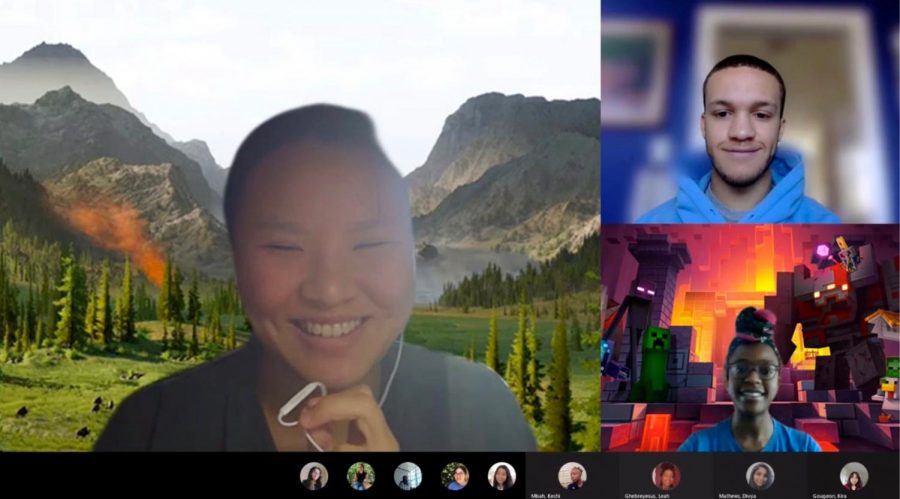
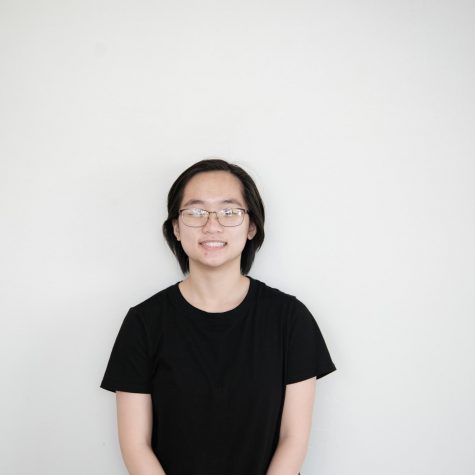
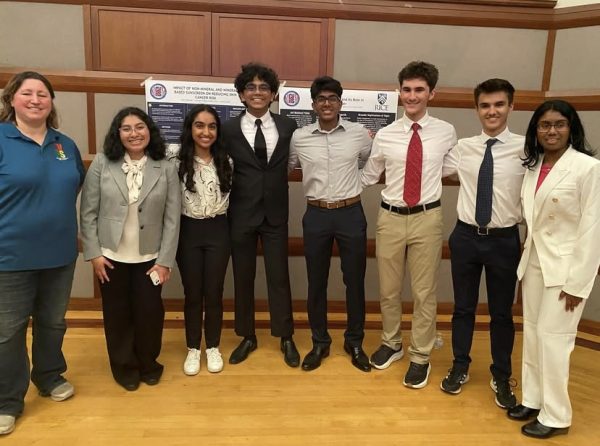
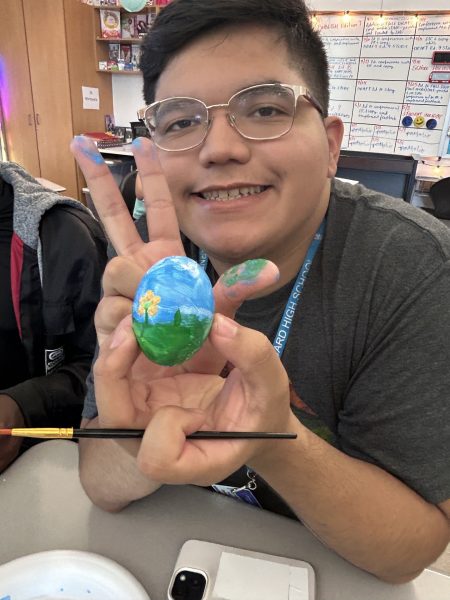
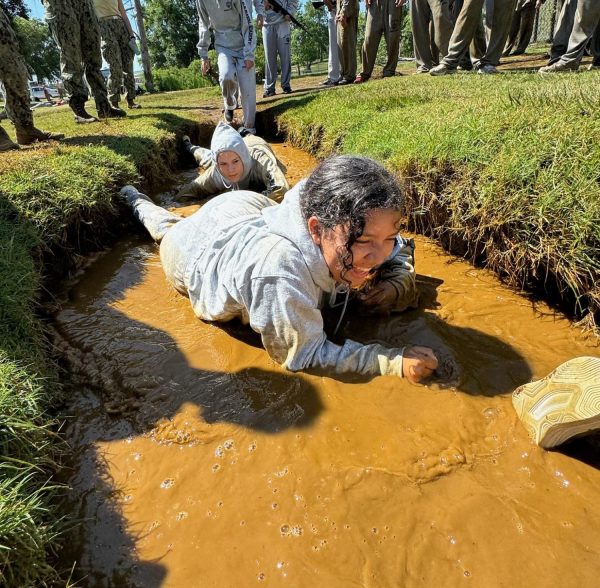
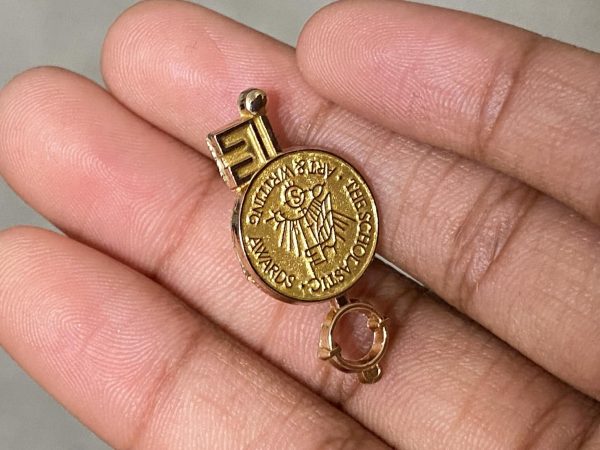
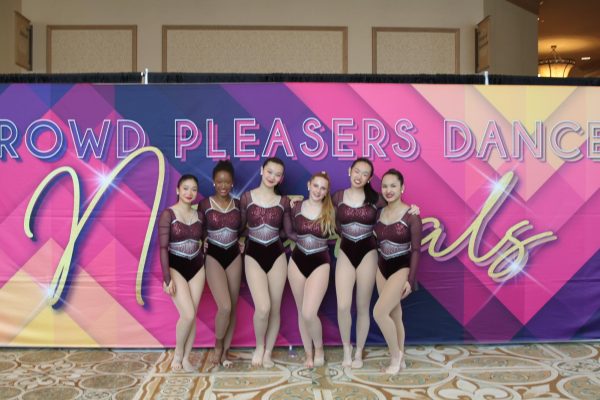
Thomas Dowe • Apr 9, 2021 at 11:06 am
I enjoy that this story both brought light to current events while discussing their meeting
Carys Reyes • Apr 9, 2021 at 11:03 am
It’s amazing how students are involved in racial issues and how they want to work towards a solution.
Carys Reyes • Apr 9, 2021 at 10:59 am
It’s amazing how students are involved in these racial issues and how they want to work towards a solution.
Lexy Silva • Apr 9, 2021 at 10:48 am
I like the structure of the article